After 2 days of limited screening and 3 days of nationwide screening, “Tunnels: The Sun in the Dark” has earned nearly 60 billion VND in ticket sales (according to statistics from Box Office Vietnam). The film, which is aimed at celebrating the 50th anniversary of the country’s reunification, is ranked as the biggest screening at cinema complexes, accounting for an average of 52-60% of the total screenings.
“Tunnels: Sun in the Dark” is the first Vietnamese war film to be privately funded, not using the state budget. Director Bui Thac Chuyen produced, co-produced and wrote the script, bringing with him the characteristics of his filmmaking style: Focusing on reality, character psychology through many elements, including “hot scenes.”
To understand more about the film as well as its intentions and messages, VietnamPlus E-newspaper reporters send the director's shares and views on the first war film about Cu Chi - the heroic land of steel.
The story that drove the director "crazy"
- It has been 11 years since you came up with the idea and script for “Tunnel: Sun in the Dark” until now. What made you persevere with a historical project - a film genre that is easily met with reactions, and in fact has met with mixed reactions from both audiences and experts in the past?
Director Bui Thac Chuyen: Because I find this story interesting and valuable. There are cases where a director writes a script, but if he doesn't make it for a long time, he loses interest, partly because the story isn't strong enough. If the story doesn't drive the director crazy, don't expect to drive others crazy too. The stories in the Cu Chi tunnels are really special. There I see the spirit of the Vietnamese people very clearly, like a wine that gets better the longer it's kept.
Director Bui Thac Chuyen. (Photo: Minh Anh/Vietnam+)
I started writing the script in 2014, writing very quickly and focused. Then I continued to edit and asked a Southern writer - Ms. Nguyen Thi Minh Ngoc - to adjust the dialogue to give it a Southern feel. By 2016, the script was completed, I was looking for a way to make a film. After many years of not being able to do it, I switched to "Glorious Ashes" (released in 2022), but "Tunnel" is still there and still has the same excitement, even more.
At that time, I was looking for investment funds both domestically and internationally. The person who helped me translate the script into English said: 'I have never read a script about war that is as compelling as this.' Another friend - a Hollywood screenwriter, after reading the script, also sent me a very long email, commenting that this was an excellent story that would become a very good movie.
He was also the one who found me an Australian film production company. Those investors believed in a war story like no other, about the Vietnamese people in particular. I worked with them for about 2 years and thought about making a film abroad. Then because of COVID-19, we had to stop everything.
But it is sharing like that that makes me believe in my story more. I know it is no longer my subjective perspective, but has been objectively tested, so sooner or later I will do it, it is just a matter of where and how.
In 2022, I decided to restart the project because I thought the film would take 2-3 years to make, in time for this year's anniversary. I knew that until I did, I would still owe the guerrillas, the heroes who sacrificed.
- When telling historical stories and depicting death, are you worried about receiving negative, pessimistic reactions?
Director Bui Thac Chuyen: I have a Vietnamese friend who is an Austrian citizen and works in the diplomatic service in Europe. He once led an international delegation to Cu Chi. When they returned, they told me they would never forget the exhibits, the traps, the suffocating atmosphere in the tunnels. They also told me about two American tourists hugging each other and crying. They were soldiers who had fought in Cu Chi and could imagine how terrible the fighting there was.
Normally, American military service lasts at least a year, but the "rat soldiers" only went for 3 months before returning, showing the level of stress and danger in their underground missions.
An international visitor once asked: 'I don't understand why watching your war movies seems like such a joy, not a pain at all?' War is terrible! I explained that at that time we needed to do that to encourage the soldiers' morale.
But now that peace has come, we need to look back at it clearly to see what our ancestors went through. War is not a game, nor is it something we should be excited about. We need to see how truly tragic it was to understand the sacrifices of those who came before. One of the film’s investors, Nguyen Thanh Nam, wants to cry every time he talks about this.
One of the investors - Mr. Nguyen Thanh Nam said the reason for investing money to make the film at a press conference in Hanoi . (Photo: Provided by the film crew)
- To build the situation about the army of soldiers in the film, did you get inspiration from any true stories, such as from Colonel Tu Cang?
Director Bui Thac Chuyen: That was the usual setting during this period in Cu Chi. The H63 intelligence line had spy Pham Xuan An, led by Colonel Tu Cang (Colonel of intelligence Tu Cang - Nguyen Van Tau), from 1962-1971, who also lived in the tunnels.
Mr. Tu Cang traveled between Cu Chi and Saigon many times. Although he mainly stayed in Saigon, he also spent a lot of time in Cu Chi. Sometimes the intelligence team had to dig their own tunnels to stay. His team once had to dig about 200m to stay and do their mission, and it was in that tunnel that they killed 3 American soldiers.
The scene where Bay Theo (Thai Hoa, right) receives an intelligence mission from his superior. (Photo from the movie)
Along with Intelligence Colonel Tu Cang, director Bui Thac Chuyen consulted many historical witnesses who fought in Cu Chi, notably People's Armed Forces Hero To Van Duc - Tank Destroyer, who specialized in repairing and making homemade weapons for guerrillas, including mines to destroy enemy tanks. He was the prototype for the character Tu Dap in the film.
Huge budget but no revenue pressure?
- The film attracted attention and controversy for its “hot scenes” between young guerrillas. For you, what is the purpose of those details and how do they affect the film?
Director Bui Thac Chuyen: Those stories convey a general feeling of human vitality when close to death. Life at that time was very special, because they had a terrible desire to live.
Mr. Tu Cang himself told me. His intelligence team once hid in a base similar to Binh An Dong in the movie, in Phu Hoa Dong commune, Cu Chi. On the ground at that time, the tunnel entrances had been almost completely opened up and blocked by American soldiers. There were still 200 people in the tunnels with no way out. After 1-2 days, they decided to dig to get to the farthest branch of the tunnel, near the riverbank, and then start digging up to get out at night and escape.
The digging took a long time. At first, he said, everyone thought, 'This is it.' He began to see couples hugging and caressing each other. He even jokingly teased, 'If I leave this place, you'll die with me,' meaning to report it to higher authorities for disciplinary action, because corruption during wartime was viewed as a terrible thing.
Intelligence Colonel Tu Cang - former head of the H63 military intelligence cluster at the film press conference in Ho Chi Minh City. (Photo: Provided by the film crew)
The scene of Ut Kho with the young man with a hidden face, in the film at that time the US was attacking phase 2, there were B52 planes overhead, they carpet bombed and hit the target very clearly. No one thought they could live. That's why I let her start singing when she found out she was pregnant. A pregnant woman in a situation in a tunnel would only die. I think in terms of normal psychology, when she knew about it, she thought that dying would be easier, that was the way for her to escape.
The character Ba Huong also loves her lover very much. Some people wonder how a girl could stab an American soldier like in the movie. I think in that moment Ba Huong could stab all 3 American soldiers. Do you remember the story of Mrs. Ngo Thi Tuyen, who weighed just over 40kg but still carried an ammunition box weighing nearly 100kg? That is the strength of will and spirit. I think the people in Cu Chi still exist thanks to their will, spirit of steel and such a truly strong vitality.
- This film was made entirely from private capital. Some sources say the total budget reached 55 billion VND. Do you feel pressure about revenue?
Director Bui Thac Chuyen: We don't have an official figure yet, but because of the unexpected costs, it could be much higher. Luckily, I met investors like Mr. Nam, Mr. Ha, Ms. Hoa and many others - investors who don't put too much emphasis on having to recoup their capital because everyone understands that this is an unprecedented film.
And if investors don't worry, I won't put pressure on myself, because film production is already very hard work, I don't have the mind to worry about that anymore.
But it’s not that I don’t think about the audience. I’ve always believed that this film also has very attractive visual, action and auditory elements. From a certain perspective, it’s like a disaster film, in which people have to survive. The American army landing and dropping bombs is a disaster. The audience feels suffocated, worried, and nervous, just like the pleasure of watching horror and survival films…
"Tunnels" not only has explosive attacks on the ground, but also hand-to-hand combat, direct confrontation between American "rat soldiers" and Vietnamese guerrillas. (Illustration from the film)
That was my intention, because these guerrillas had no basis to fight the Americans. The guerrillas missed all their shots because they had no experience, how could they compete with a team that was professional in fighting skills and equipment like that.
Uncle Ho once said, “Fight to drive the Americans out, fight to topple the puppets,” meaning we cannot win, we can only fight to break their will to invade so they can return home. We had to clearly define our goals to win, and Cu Chi was also part of that strategy.
The Cu Chi Tunnels were one of the important strategic bases during the Vietnam War, peaking from 1961 onwards. Notable for its 250km long tunnel system, this was a place to hide, organize attacks and provide logistics for the Liberation Army.
This place not only helped the Southern army and people avoid American bombs and bullets, and was a symbol of the resilient and indomitable spirit in the face of fierce bombardment attacks, but also played an important role in attack and ambush campaigns and contributed greatly to the victory of the entire resistance war.
(Vietnam+)
Source: https://www.vietnamplus.vn/dao-dien-bui-thac-chuyen-cau-chuyen-trong-dia-dao-khien-toi-phat-dien-post1025244.vnp


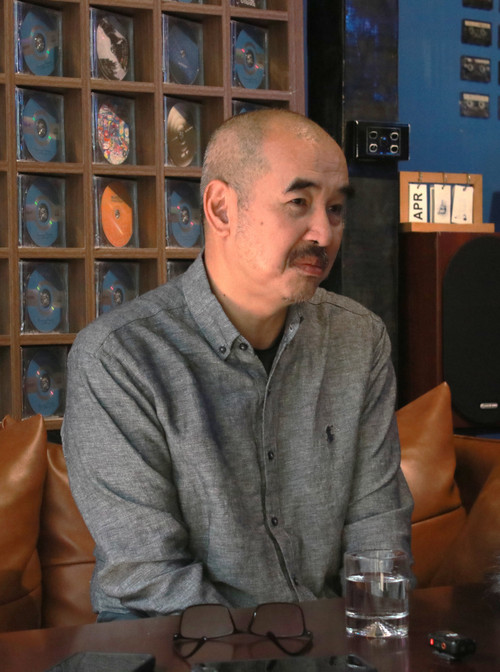
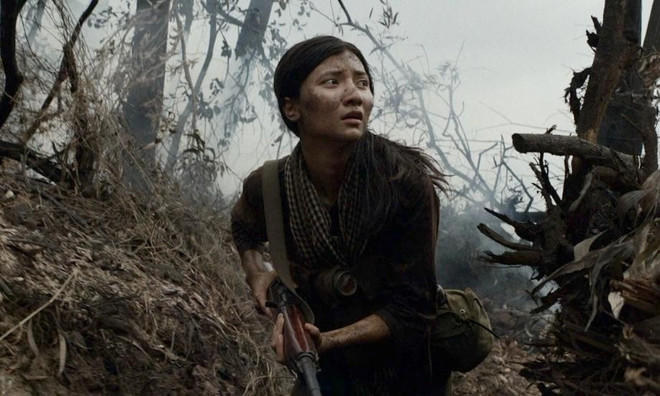
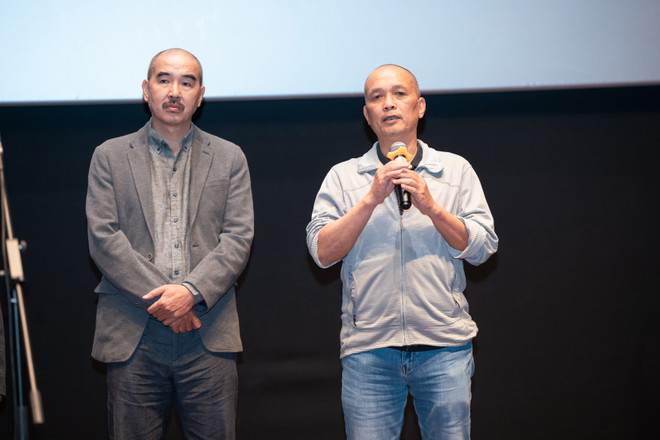
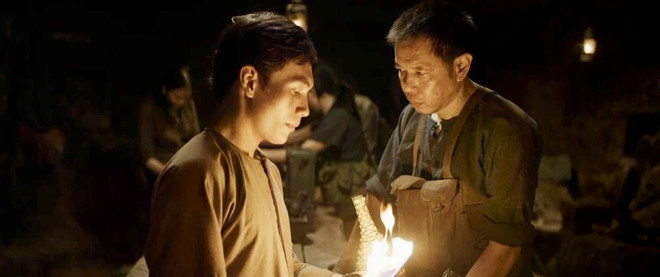
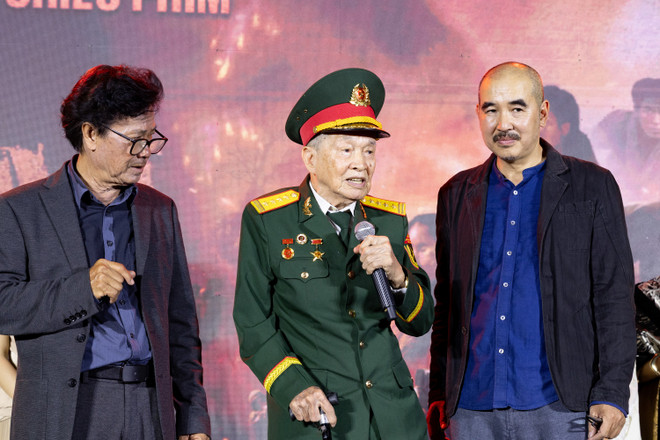
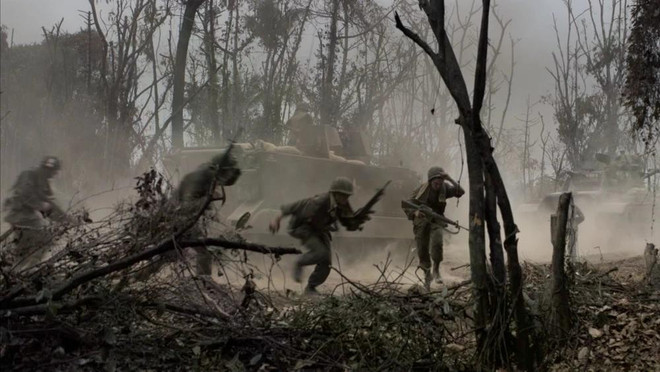


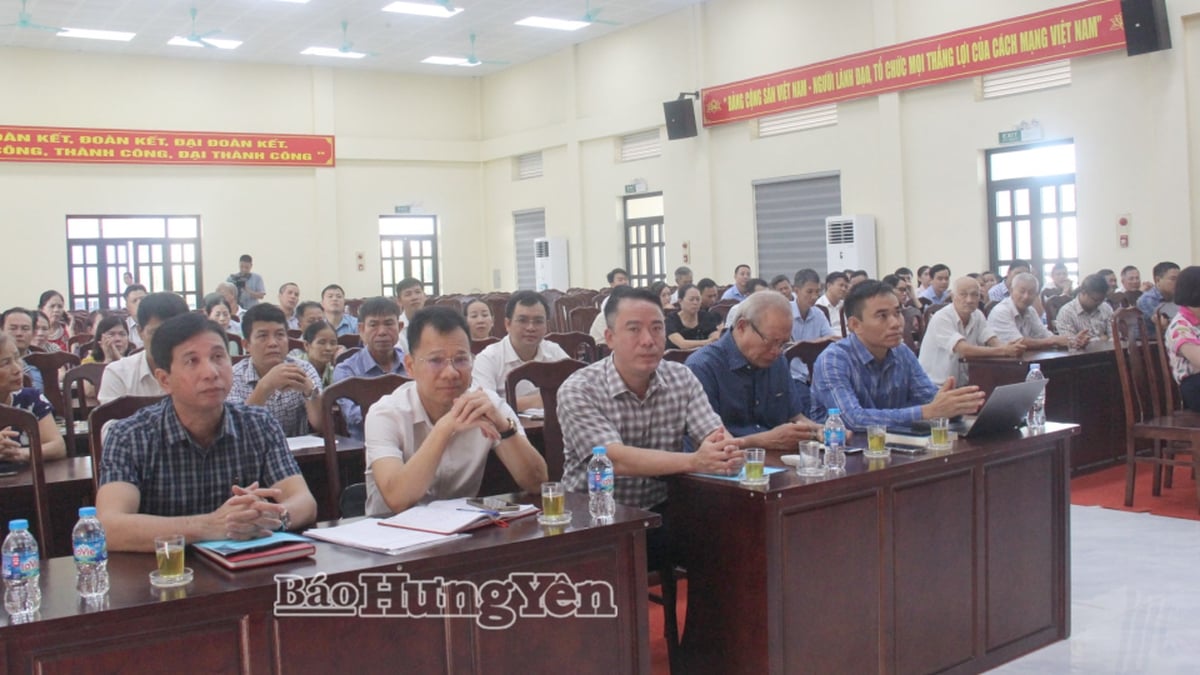
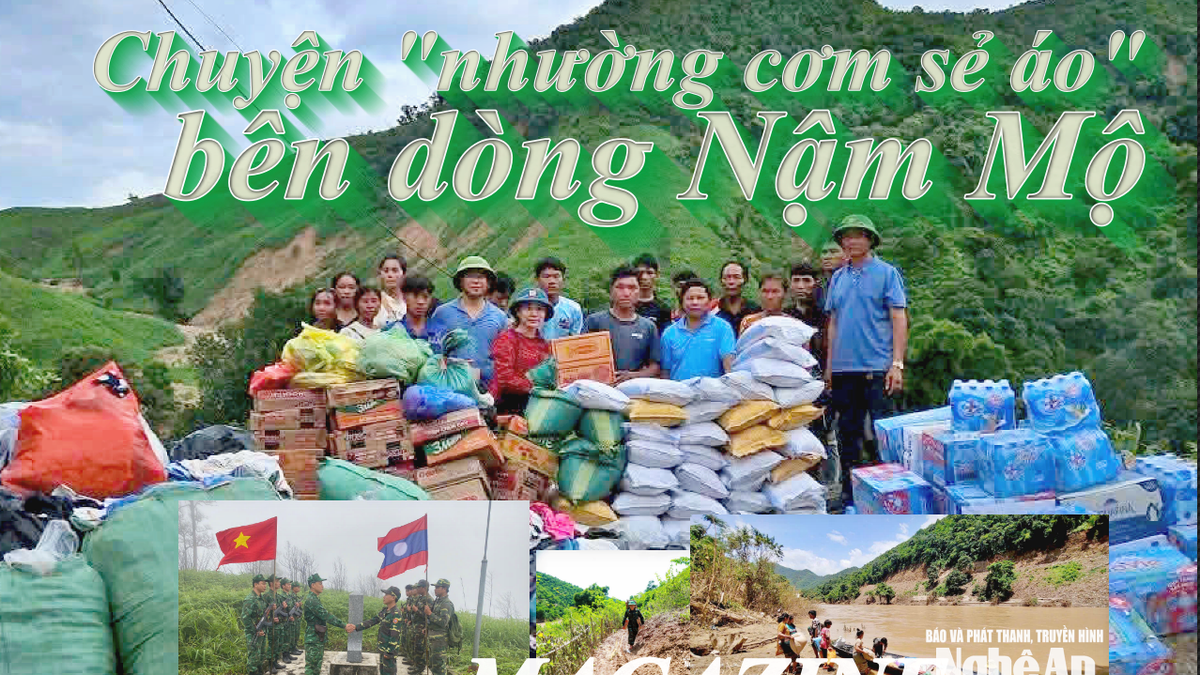
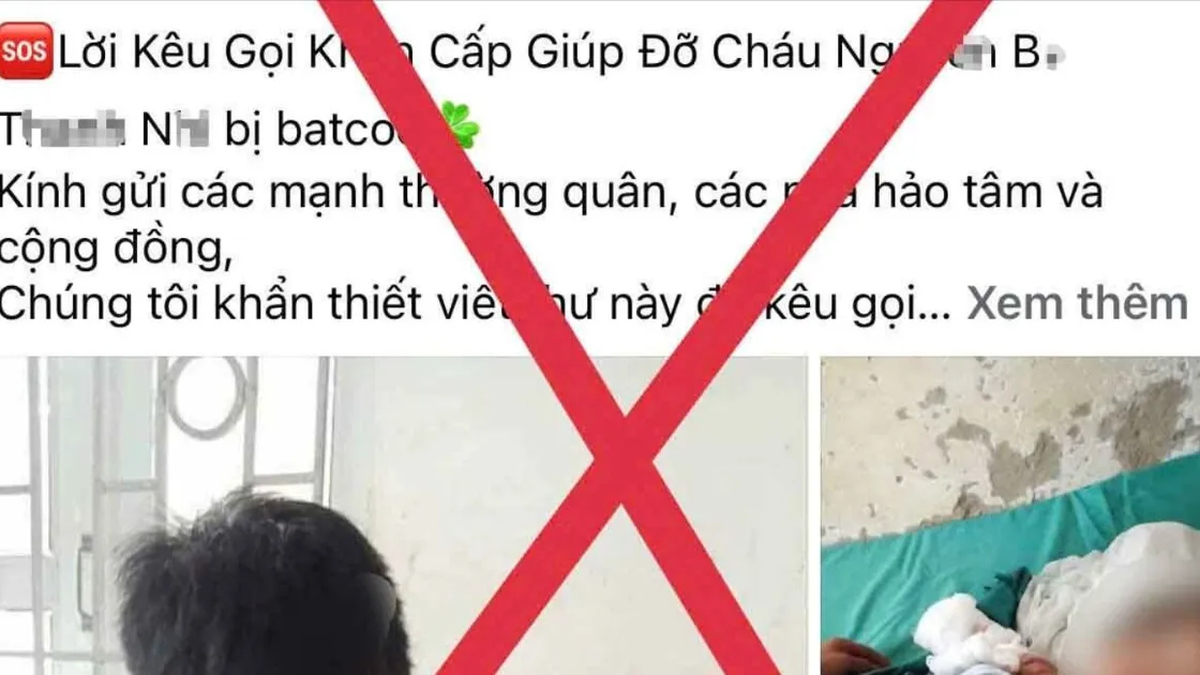
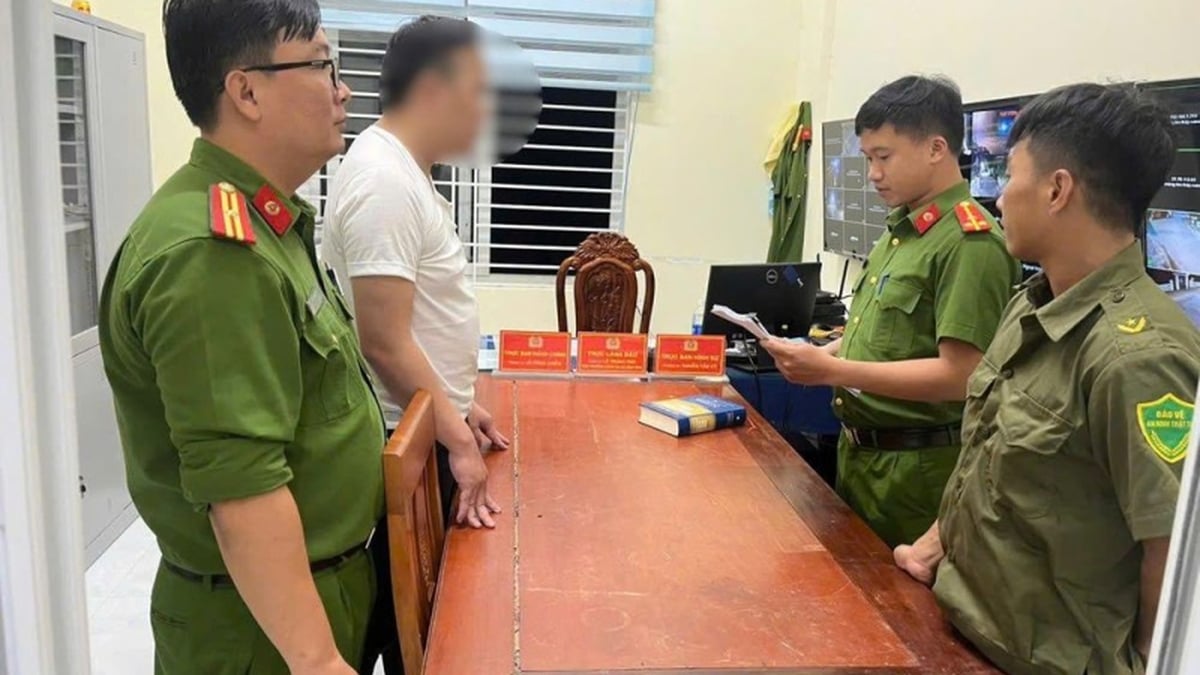
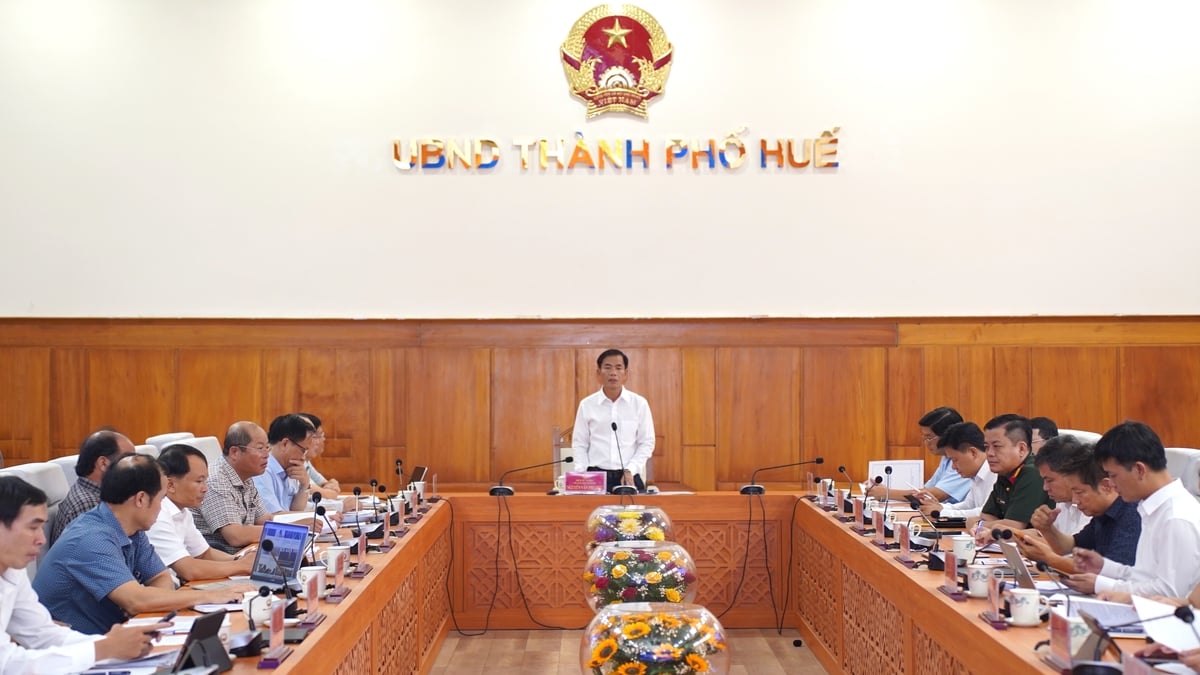
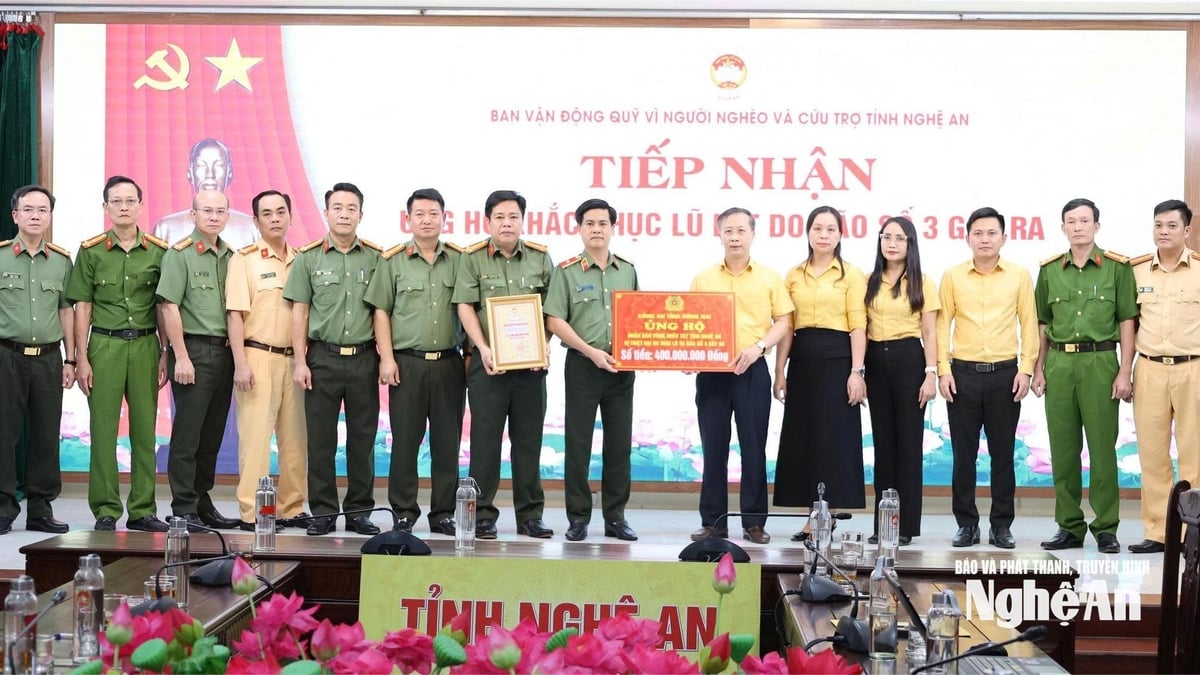
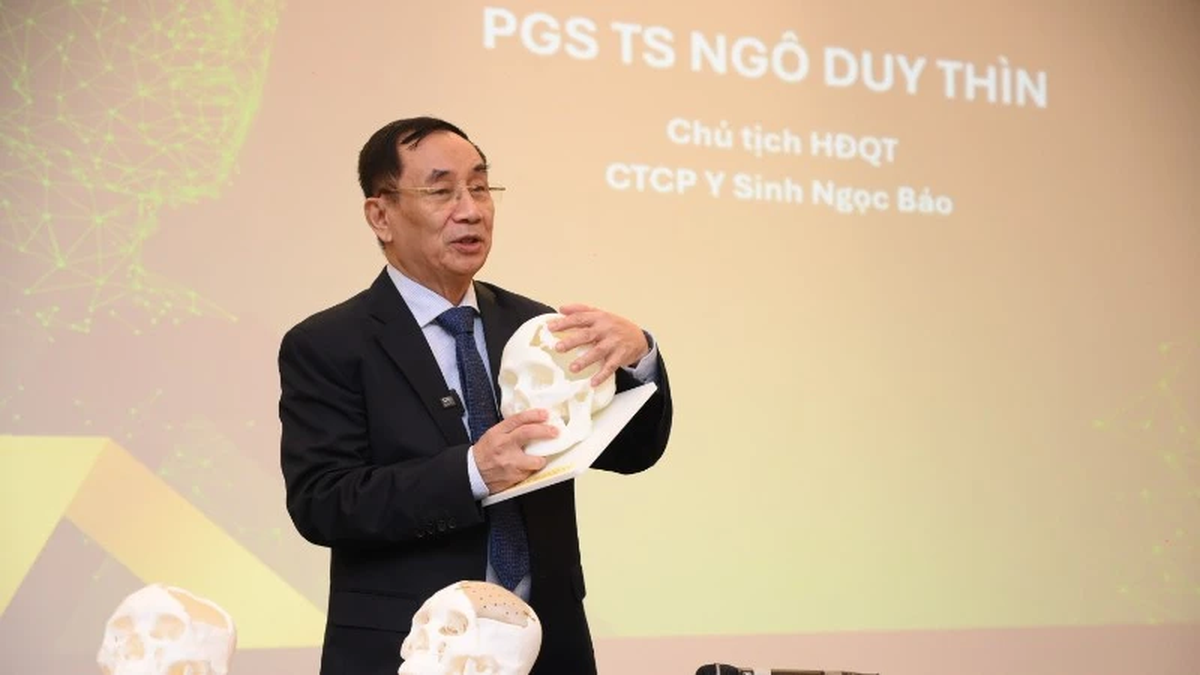
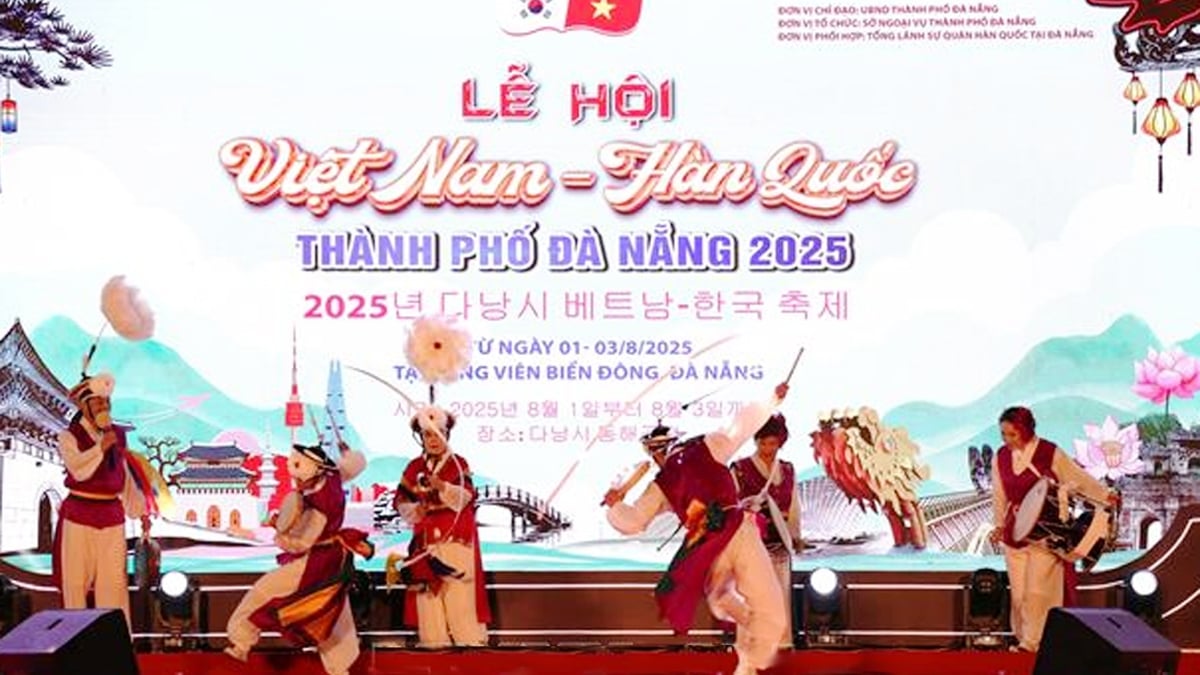





















































































Comment (0)